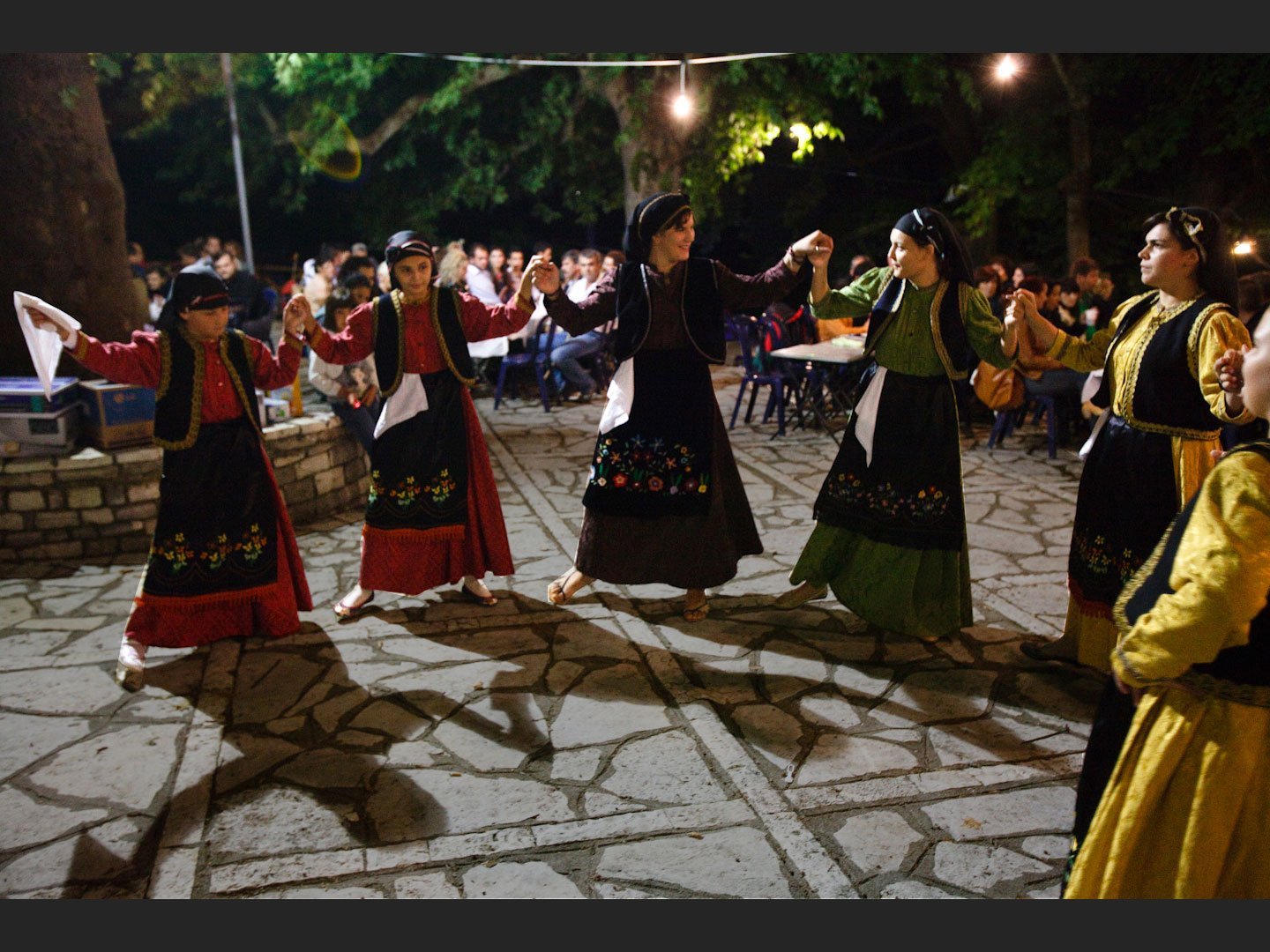In our context, Europe designates the peoples of Roman culture (Rome is treated separately), Celtic, Germanic, Scandinavian, Icelandic and Breton. Slavic peoples have their own section.

Contenus
ToggleFestivals in Europe
Semaine du 2024-05-20
May 23, 2024 (1 event)
May 23, 2024

Today, Vlach Day takes place in Romania. This people, probably of Thracian or Illyrian origin, has been Romanized. This is why they speak a Romance language unlike all neighboring peoples. #mythology #myth #legend #calendar #May 23 1TP5Vlach #romania
Cultural areas in Europe
The history of Europe is one of the best documented, studied and known parts of world history and refers to all the events linked to the European continent, from the time it was populated by the first peoples until until today. According to the German monograph Minderheitenrechte in Europa co-edited by Pan and Pfeil (2002), there are 87 distinct peoples, of which 33 constitute the majority of the population in at least one sovereign state, while the remaining 54 constitute minority ethnic groups.
In ancient times, Indo-European peoples practiced cults that had many things in common. The Germanic, Celtic, Slavic, Greek and Latin mythological systems had common features, such as the belief in a fundamental divine "triad", and the division of men into several categories of distinct social rank.
In Europe, ancient religions are subdivided into:
- faith in the Aesir and the Vanirs, which we today call Odinism, according to Germanic mythology;
- faith in Scandinavian deities, according to Scandinavian mythology;
- Druidism and its late Irish variant, the religion of the Filid, according to Celtic mythology;
- orphism, according to Thracian and Dacian mythology;
- faith in Scythian deities, according to the Scythian religion;
- faith in Slavic deities, according to Slavic mythology;
- faith in Greek deities, according to Greek mythology;
- faith in Roman deities, according to Roman mythology;
- in the Roman Empire, in addition to the gods of Olympus, mystery cults were also practiced and, in late antiquity, primitive Christianity.
One of the common points between religions prior to Christianity is polytheism, sometimes pantheistic, sometimes animist.
Proselytism was not widespread among European peoples, each religion being that of a group of populations equally linked by language, and which had its own deities.
